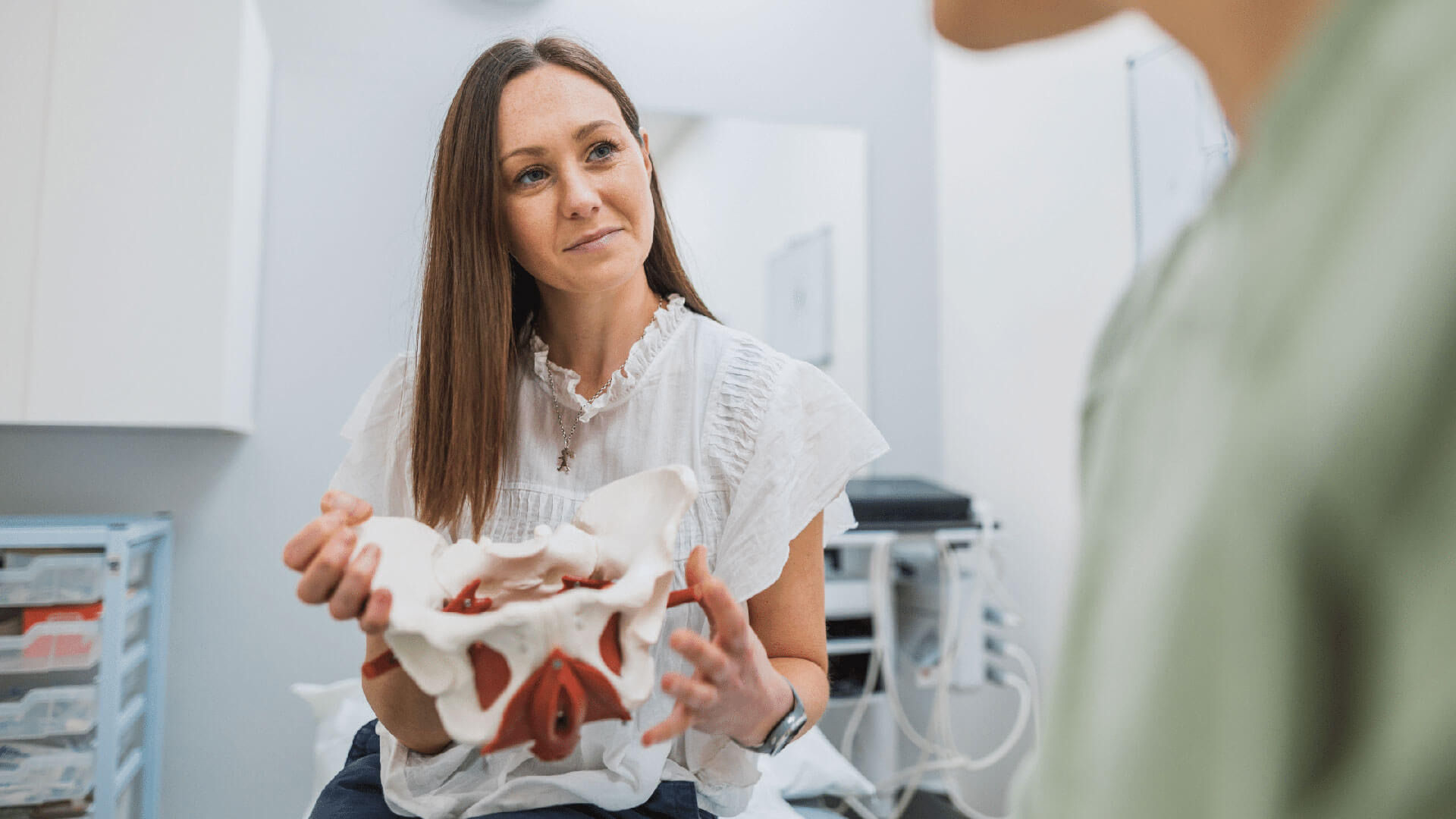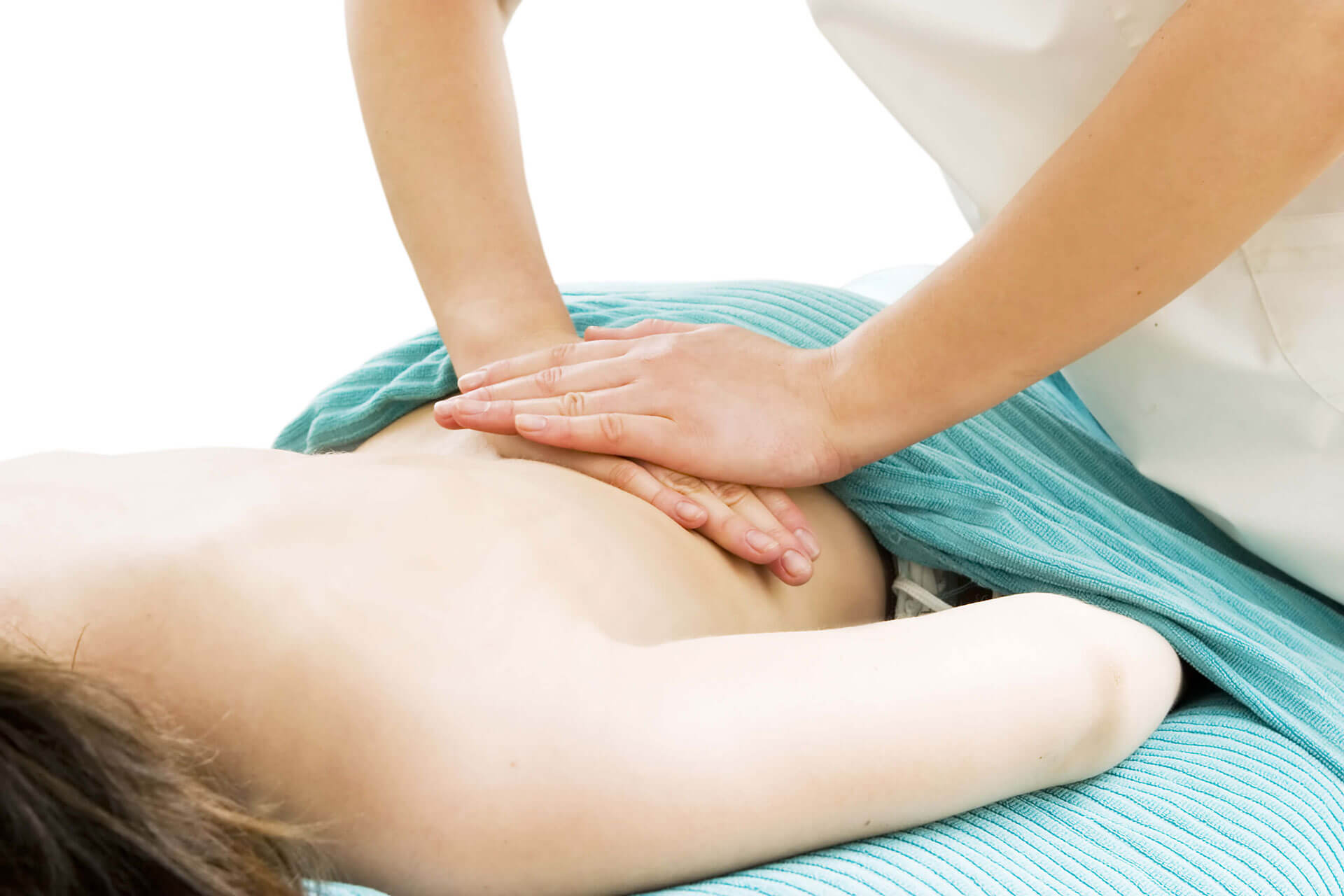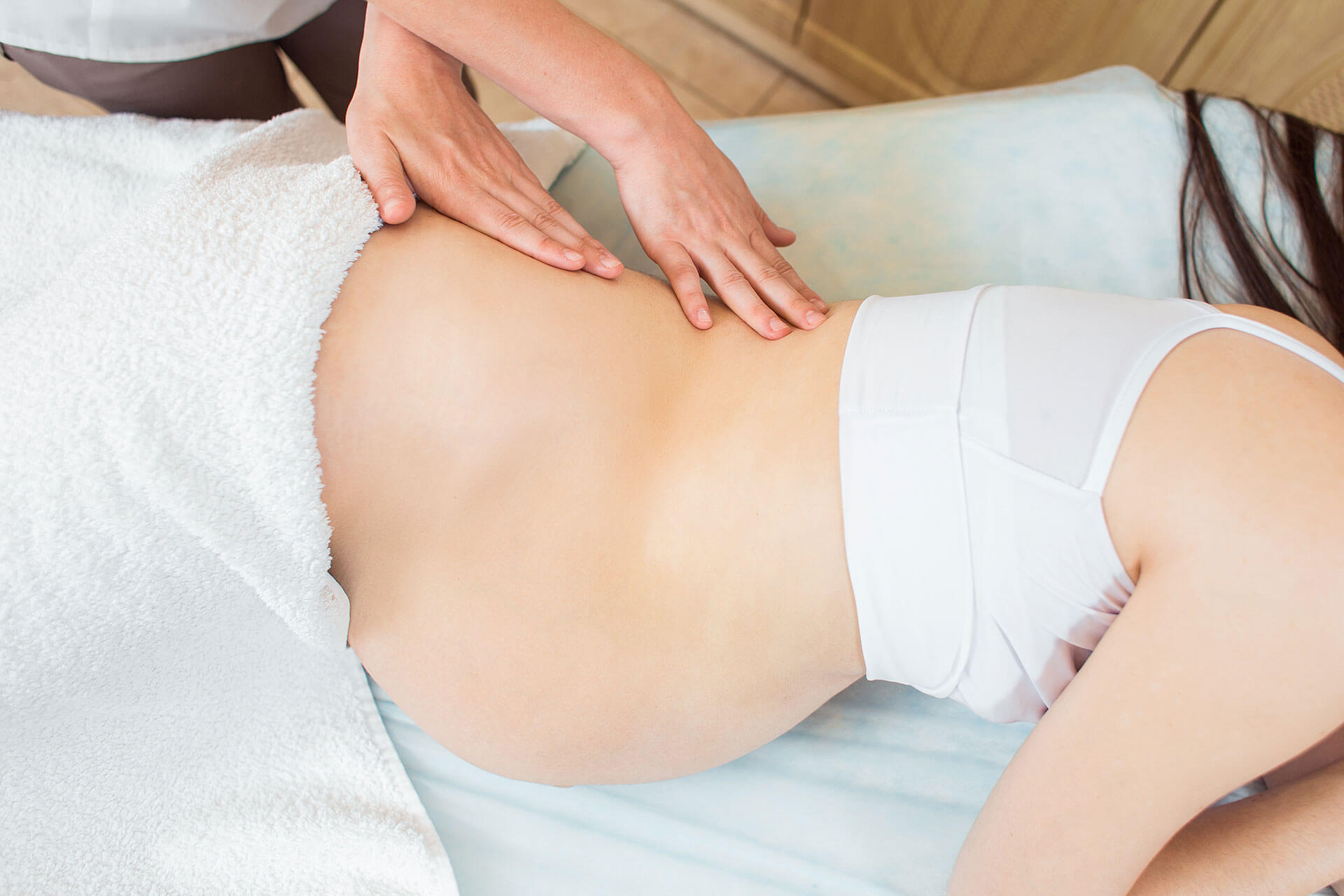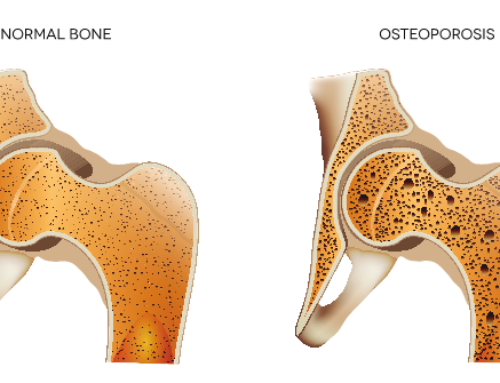Should I get a massage if I am pregnant?
Massage, everyone has heard of it. Most people see it as something that is done as a ‘luxury’ or as a ‘treat.’
Whilst it can most certainly be this, it is important to outline the benefits of having hands on treatment whilst pregnant and after giving birth.
There is a great deal of information out there advising women what should and shouldn’t be done with their bodies. It is the duty of health professionals to give women the correct information about complimentary treatments such as soft tissue therapy, so that they can make an informed decision about how they would like to shape their pregnancy and post-natal journey.
What happens in pregnancy?
Whilst going through pregnancy, the female body is adapting and acclimatising to multiple changes including:
- juggling hormonal swings
- musculoskeletal shifts
- cardiovascular adaptations
- endocrine changes
- gastrointestinal changes
- urological changes
This is just to name a few!
Plus, every female body is different so, will likely have different reactions to each of these changes throughout pregnancy. Focusing purely on a musculoskeletal perspective, the female body sees changes to posture, an increase in size of breasts and an ever-growing belly. These changes will have a lasting effect on the lower back and will alter the centre of gravity.

As a baby grows it is common for mums to develop some of the following problems:
- back pain (upper and lower)
- carpal tunnel syndrome
- piriformis syndrome (pain in the buttocks)
- sciatica (nerve referral from the low back and down the leg)
- swelling in hands and feet
- knee pain
- leg cramping
- pelvic girdle pain
As you can see the female body changes and goes through a lot during pregnancy. It is almost like running a marathon for 9 months! Consequently, we need to protect ourselves.
Working with a soft tissue specialist during pregnancy can help to address many of the aforementioned issues and help to ease discomfort. Working with someone who has a deeper understanding of the anatomy and surrounding structures will enable their hands on work to be a great deal more targeted.
Not forgetting, having soft tissue during pregnancy can be a much-needed bit of ‘time-out.’ A pocket of time for mums to unwind, relax and take comfort knowing that they in the hands of someone who knows what they’re doing and whose main job is to put their well-being first.
What is progesterone?
When looking at addressing any joint related pain, it is important to note the natural hormonal shifts the body is going through during this time, in particular progesterone.
Progesterone is amazing, it helps to maintain the uterine lining to support the growing baby, it stimulates growth of breast tissue, prevents lactation, it stimulates appetite and controls fat storage. However, it also plays a part in the loosening / laxity of ligaments surrounding the joints. This can be why pain is commonly felt in areas such as the pelvis.
If a pregnant client is working with a soft tissue therapist and focusing on areas such as this, treatment should be backed up with gentle strength-based exercises such as Pilates. It isn’t possible to control hormone levels so it is important that there is a happy balance between pain levels, and keeping muscular tone in order to stop the cause of the pain.
If you are experiencing any pain during pregnancy, it is important to seek advice from a qualified pelvic health physio. Their role is to give you tips and tricks which will help you through your pregnancy with maximum ease and direct you to who may help you most, or what training may be best for you!

Why should I get a massage after giving birth?
Now to shift focus to the postnatal period. If you are looking to get back to high level sport, have had a difficult pregnancy or birth, or are struggling postnatally, we really do recommend you undergo a women’s health assessment from 6 weeks onwards.
This is an invaluable opportunity to sit in a room with a professional who can assess how your body is healing, address any concerns and start to guide new mums through a tailored rehabilitative programme. The nuggets of information gained from these professionals is instrumental to recovery.
From a soft tissue perspective, the saying ‘exercise prescription on a faulty foundation’ is appropriate here. It helps to explain the multi-pronged approach to rehabilitation, and remember, you have just run a 9 month marathon ending in a serious sprint finish! Just because one can happen without the other, doesn’t mean that it should.
As previously discussed, the body undergoes huge musculoskeletal shifts during pregnancy. Once your baby has arrived, these shifts do not disappear overnight and often lead to cross body dysfunction. For example, an increased upper back curve could have weakened these muscles and shortened / tightened the muscles at the front. It is the role of a soft tissue therapist to gradually address these imbalances and support postnatal women on their journey.

Diastasis recti, c-section and massage
If you have diastasis recti, soft tissue can help release spots of tension which can improve muscular function. As a result your deeper muscles (if trained well) can work more efficiently which can help reduce the diastasis.
There is also the need to address the new challenges the body is going through when becoming a new mum. Some may be breastfeeding or carrying the baby on their front in a carrier. All of these activities can adapt posture and cause pain. Soft tissue can help to address this, first and foremost, alleviating discomfort.
An area that may be less common to discuss is soft tissue massage to address any birthing ‘trauma’ to the body. Babies enter this world in multiple ways. Some mums undergo c-sections or need an episiotomy. Scarring is like a big cross hatch web of tissue that tends not to stretch and move all that well. Not only does this impact the site where the scarring is, it can pull on surrounding tissues.
Imagine a spider’s web, if one corner of the web is pulled, it would alter the whole shape; this is similar when thinking about the effects of scarring. An experienced soft tissue therapist can help to mobilise scar tissue in order to promote surrounding muscular function and even organ function.
Best massage near you
Before visiting a soft tissue therapist for a massage, it is important to try to speak to the clinic. Ideally, they should have a longer consent form which also screens you for common postnatal conditions. This ensures that you are seeing the person who is best for you. It also allows you to fully inform them of any concerns or health issues you may have.
Massage is amazing to have as part of the pregnancy and postnatal journey. If you are seeing an experienced therapist, it is during these consultations that essential hands-on treatment is given but also communication is had which will help to flag up any problems early. This always allows for better treatment and a better outcome. Your soft tissue therapist should be able to recognise when a referral to a pelvic health physio is needed and discuss other holistic treatments and exercise with you.
Having someone to put the health of mum at the helm is nothing short of comforting and supportive when it’s needed most!
For more information or to book a massage appointment please call 020 7482 3875 or email info@complete-physio.co.uk.
Don’t let pain hold you back, book now!




